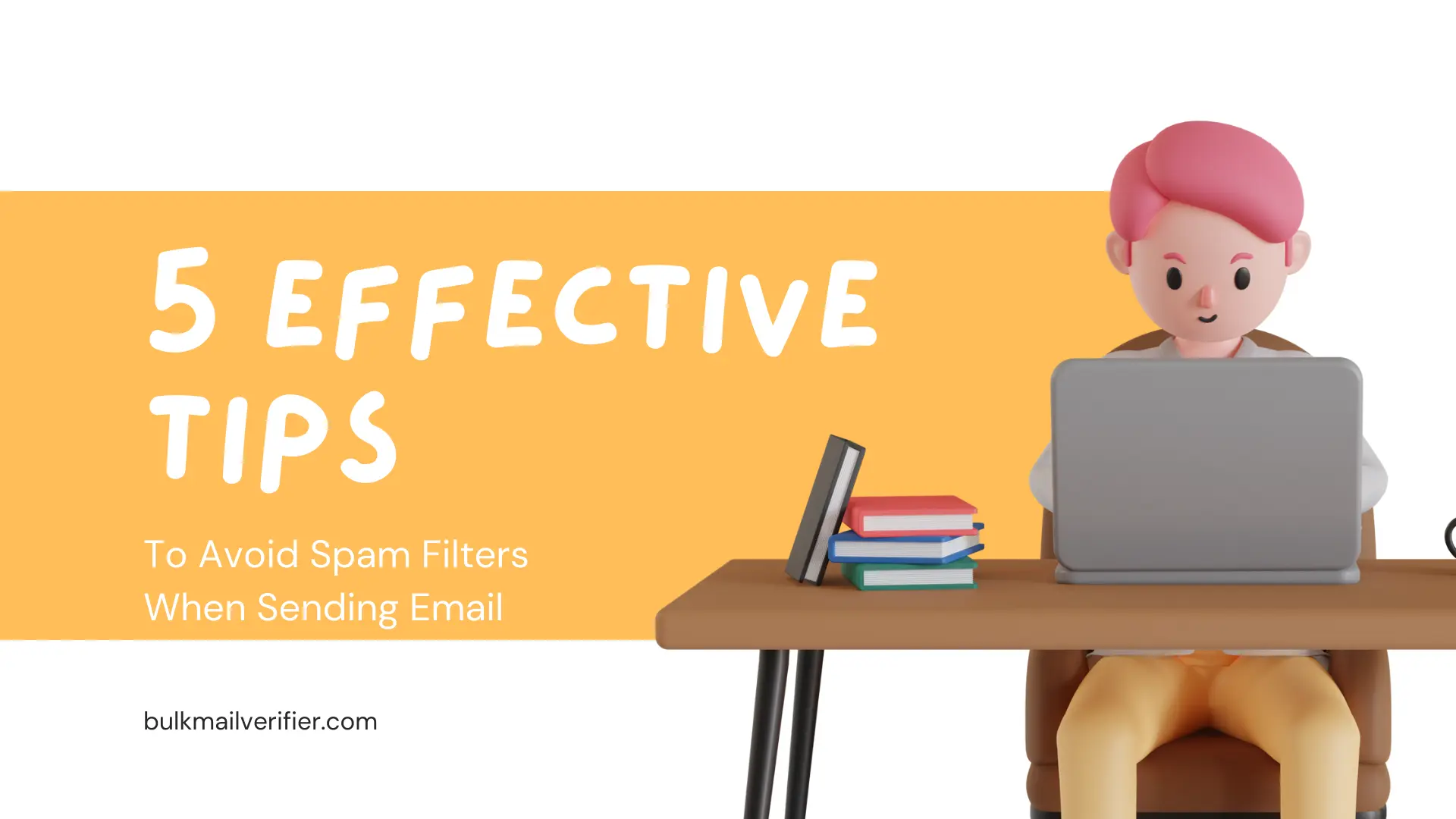5 Proven Strategies to Prevent Emails from Hitting Spam Filters
 Published by Bulk Mail Verifier
Published by Bulk Mail Verifier
Introduction
In the competitive world of email marketing, ensuring your messages land in the recipient's inbox is crucial for success. One of the biggest challenges marketers face is avoiding spam filters. If your content doesn't reach the inbox, your carefully crafted emails might be marked as spam. This guide will reveal five proven strategies to help you avoid spam filters and improve your email deliverability.
Understanding Spam Filters: The Marketer's Challenge
Before diving into the tips, it's essential to understand what spam filters are. These tools, used by ISPs like Yahoo! and Google, distinguish unwanted emails to protect users from junk. However, even legitimate emails can be mistakenly filtered as spam, known as "false positives." According to ReturnPath, 21% of permission-based emails end up in the junk folder. So, how can marketers ensure their emails reach the inbox?
1. Craft a Compelling Subject Line
- Catchy and Relevant: Ensure your subject line is engaging and relevant to your email's content. Avoid over-promising or using spam trigger words.
- Avoid Deceptive Tactics: Steer clear of misleading headlines or excessive punctuation that might trigger spam filters.
2. Maintain a Consistent Email Format
- Stick to Standard Formatting: Use a consistent font size and style. Avoid excessive use of colors, bolding, or underlining, as these can trigger spam filters.
- User Preference: Research shows that over 60% of users prefer standard formatting, making it crucial for email acceptance.
3. Optimize Body Content
- Engaging and Relatable: Use simple language and relatable stories to connect with your audience. Avoid "spammy" words and phrases.
- Consistency with Subject Line: Ensure the body content aligns with the subject line to maintain trust and avoid spam filters.
4. Use Familiar Sender Information
- Recognizable Sender: Use a familiar "From" address that your recipients will recognize. Avoid generic addresses like noreply@ or marketing@.
- Build Trust: A known sender increases open rates and reduces the likelihood of your email being marked as spam.
5. Keep Your Email List Updated and Clean
- Avoid Purchased Lists: Never use bought lists. Instead, focus on gaining explicit consent from subscribers.
- Regularly Clean Your List: Remove inactive users to maintain a healthy email list and improve deliverability.
Conclusion
Avoiding spam filters is crucial for the success of your email marketing campaigns. By implementing these strategies, you can enhance your email deliverability and reach your audience effectively. Remember, using a reliable email verification service like BulkMailVerifier.com can further ensure your email list is clean and validated, boosting your chances of reaching the inbox.
Call to Action
Enhance your email marketing strategy today with BulkMailVerifier.com for reliable email verification services.